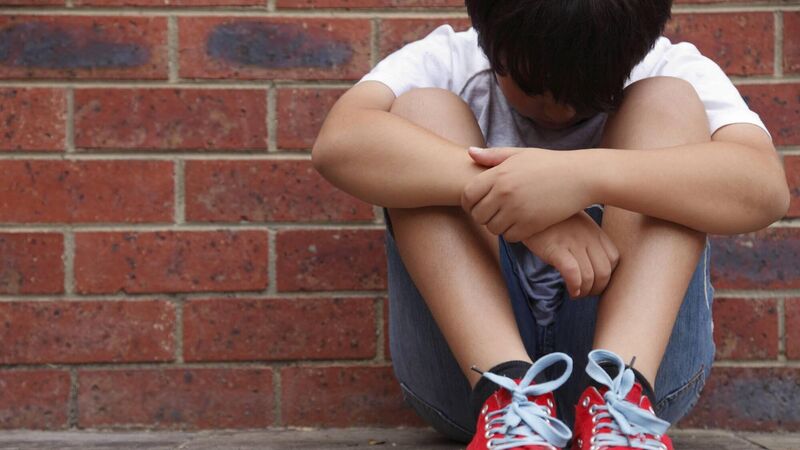Tusla blames rise in separated children for surge in demand for out-of-hours service

There were 943 children placed with the service last year, a 35% increase, and 7,577 nights of accommodation provided, a 38% increase on figures for 2021.
Tusla has said a huge increase in the number of children placed with its national-out-of-hours service (NOHS) last year is "in large part" attributable to the rise in the number of separated children seeking International Protection.
New figures show there was a 56% rise in referrals to the service last year, which typically involves the use of emergency foster carers, extended family members or emergency residential placements if available. It can sometimes require young people to stay in hotels or other temporary accommodation.










